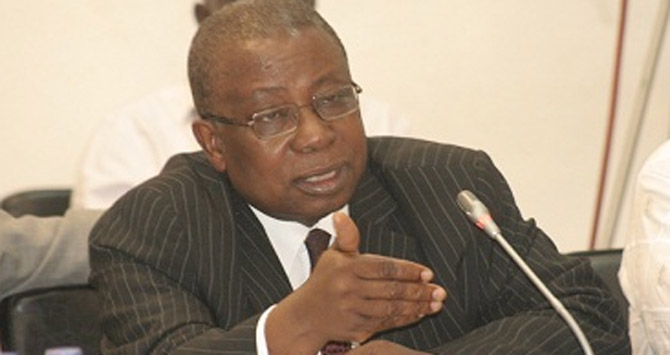The 3rd Biennial Scientific Conference on Medical Products Regulation in Africa has ended in Accra with a call on African countries to consolidate the gains made in the area of medical products regulation harmonisation.
Such a move will help to ensure access to medicines in the region and also guarantee quality and safety of medical products, while preventing duplication of efforts by member states.
Ghana’s Minister for Health, Hon.Kweku Agyeman Manu who made made the call at the opening of a two-day conference said, “I am aware of the challenges to the harmonisation process and the progress made so far. I encourage countries to open up a little bit more to this agenda as we move forward.I encourage us all to consolidate our efforts at leveraging on all fronts including language differences and differences in organizational structures and guidelines.”
Mr Manu said the idea of harmonisation was birthed out of a need to address some impediment to access of medicines in the region,to ensure quality and safety of medical products.
He told the conference, “I have noted with pleasure the progress made so far some of which I will like to mention. Harmonized good manufacturing practice (GMP) guidelines that is in place as well as joint inspections that are conducted for products filed under centralized procedure to be supplied throughout the East African Community (EAC) is worthy of note and commendation. As a result, 35 products were assessed at the end of 2016 using the centralized procedure and 8 products have had regulatory decision.”
The Minister said within the ECOWAS, a committee comprising representatives of all the 16 member states on Substandard and Falsified (SF) medicines and illicit trade on medicines in the sub-region has been set up and is active. A draft legislative framework of SF and illicit trade in medicines has also been approved by the Council of Ministers of the ECOWAS region. He said there has also been an agreement on a Common Technical Document (CTD) for medicine registration with technical support from WHO which is in the process of being validated this year.
“We are here today to evaluate the progress made so far and assess our current position and create a future for Africa Harmonization program. We hope to be able to chart our way forward in these two days that we are all gathered here. Africa is rising and I trust together we can move forward.”
The conference was put together by Pensplusbytes in collaboration with NEPAD, the African Union Commission (AUC), the World Health Organization (WHO), National Medicines Regulatory Authorities (NMRAs), Regional Economic Communities (RECs) and Regional Health Organizations (RHOs) and it brought together key stakeholders including regulators, policymakers, academia, the scientific community, private sector and civil society from across Africa.
The conference, themed “Sustaining the Momentum for Regulatory Harmonisation in Africa”, was organized on the heels of the fact that, drug registration systems in Africa is not fit for purpose with each country invoking slow and expensive process of auditing and assessing new drugs.
African countries are therefore the last to benefit from new drugs launched into the international market. Therefore the conference sought to contribute towards the future of regulation and harmonisation of drugs in Africa which affects both industrial and regulatory aspects as well as the aspirations of civil society and its wish to promote best practices.
By Mohammed Suleman














